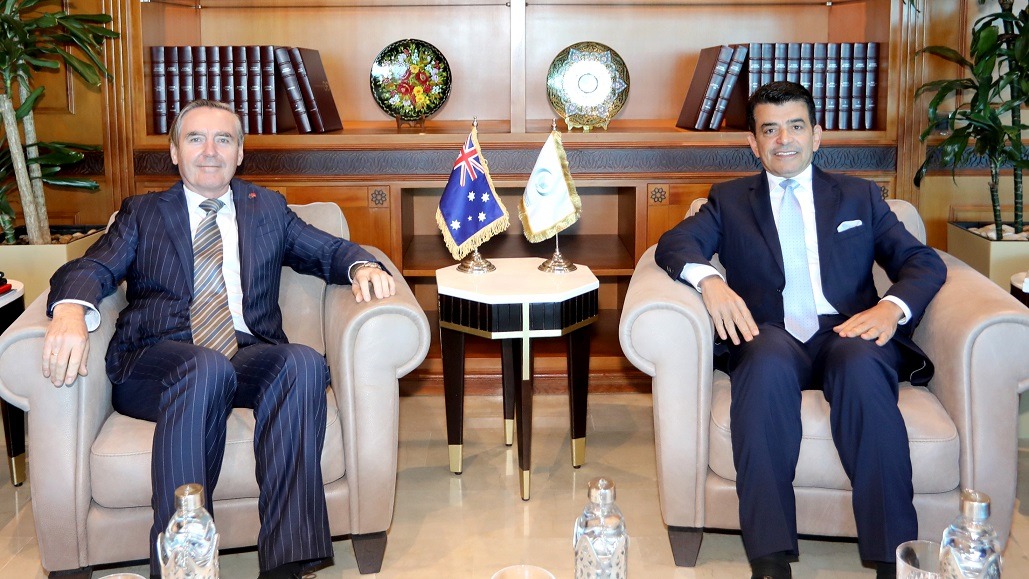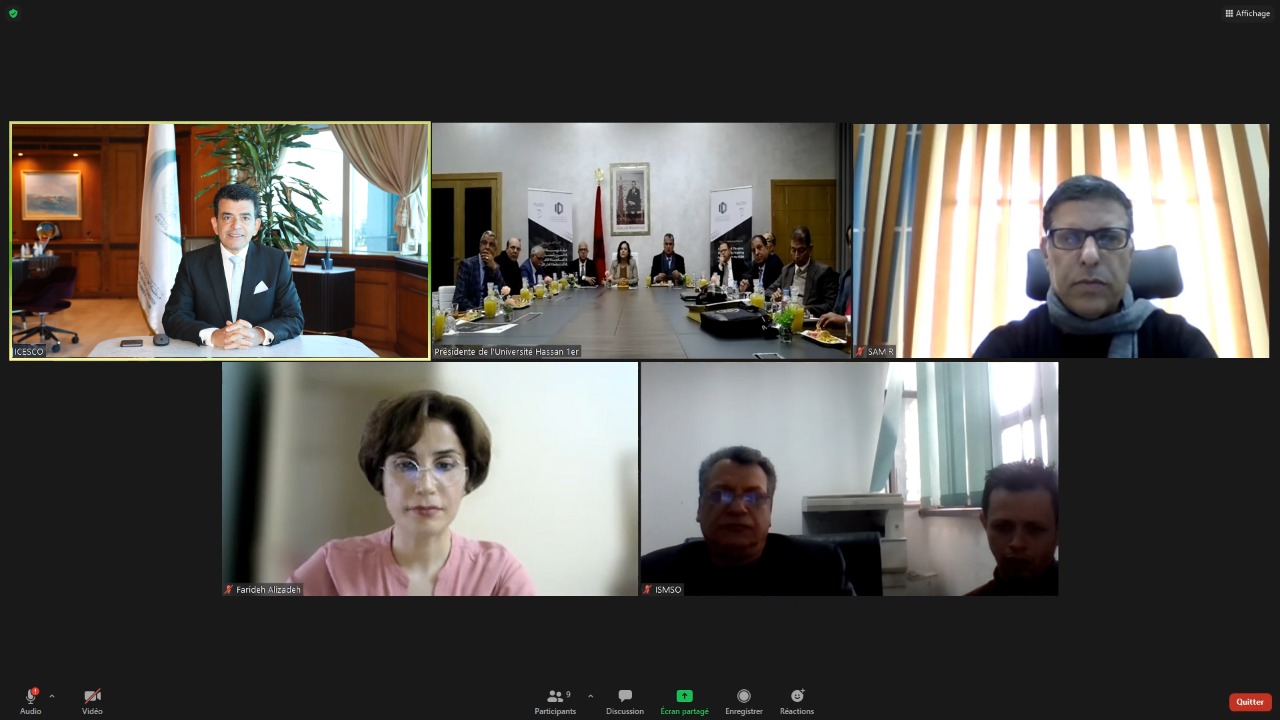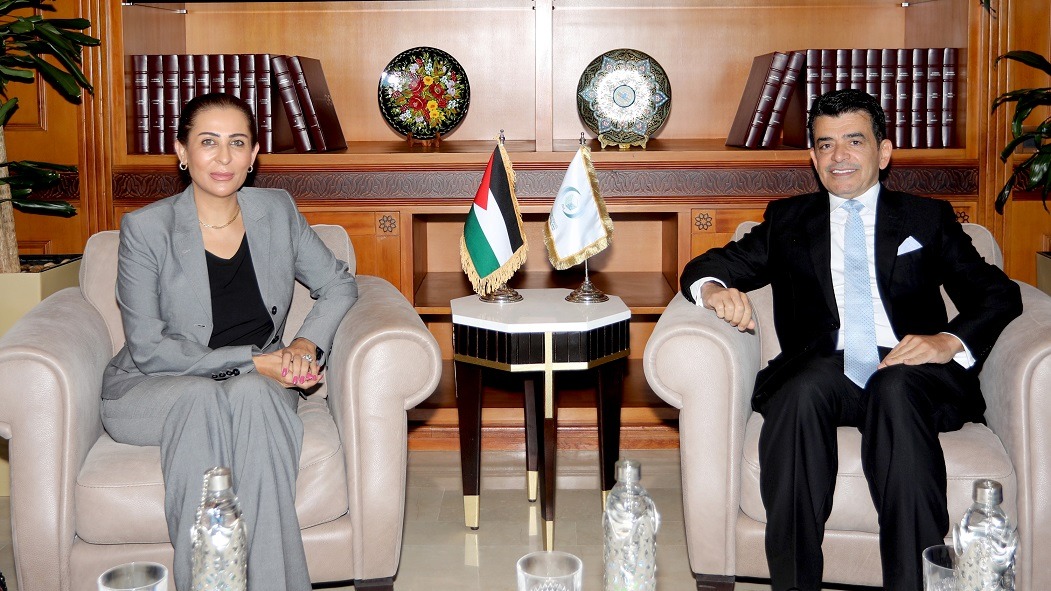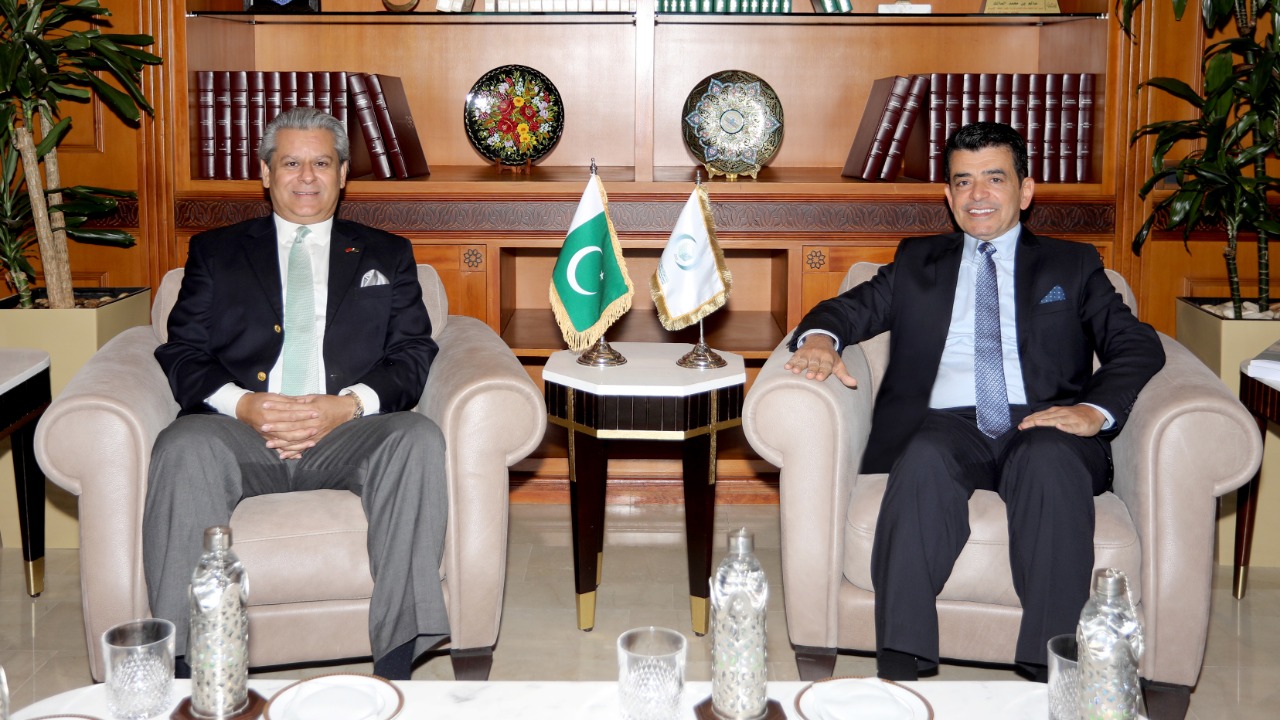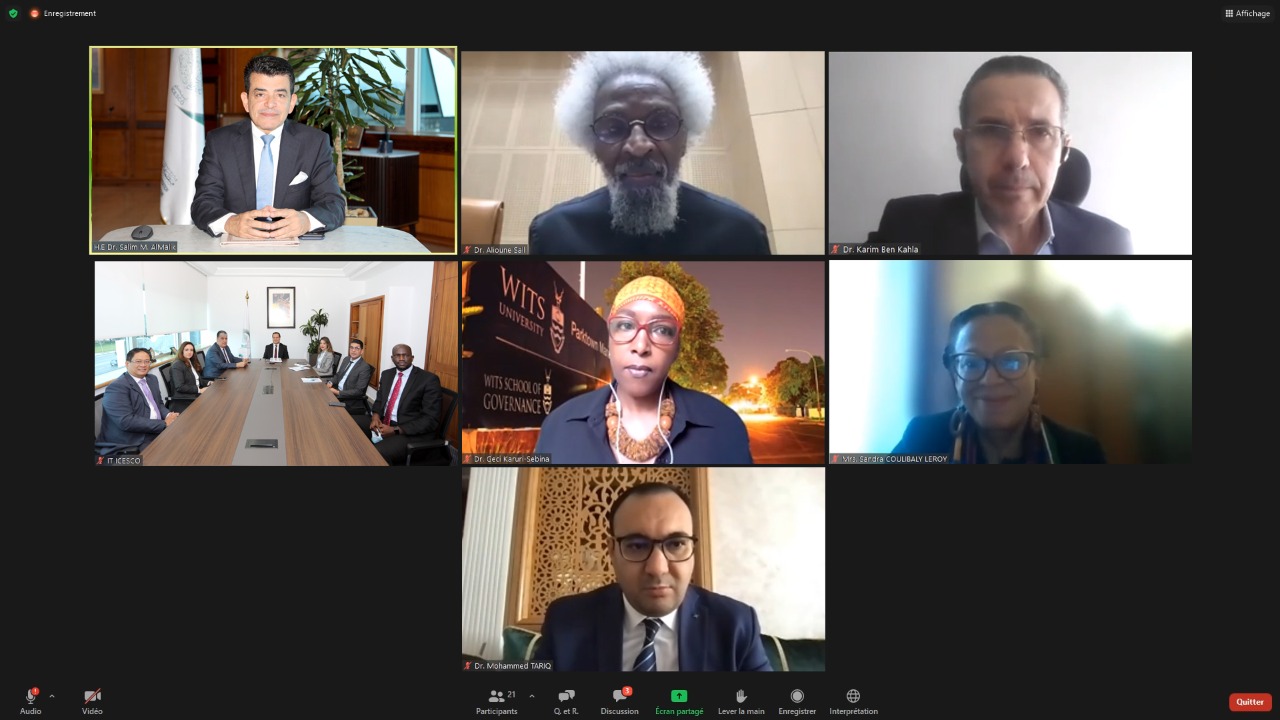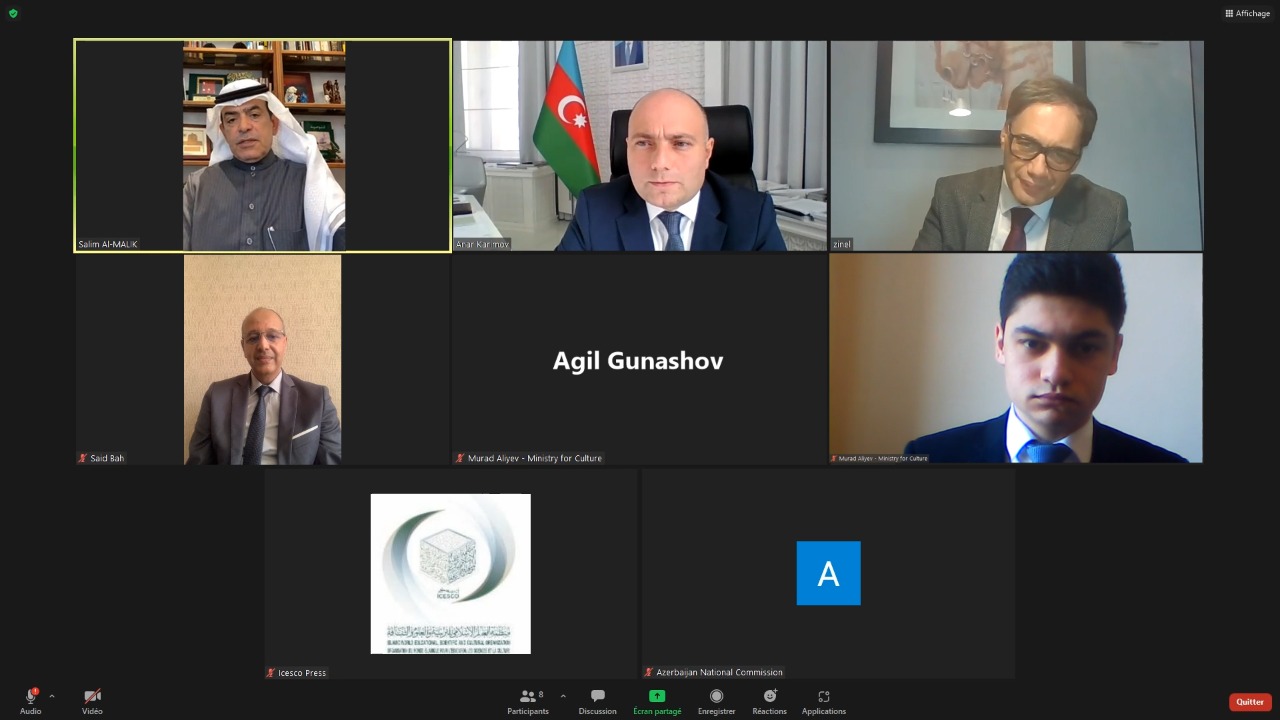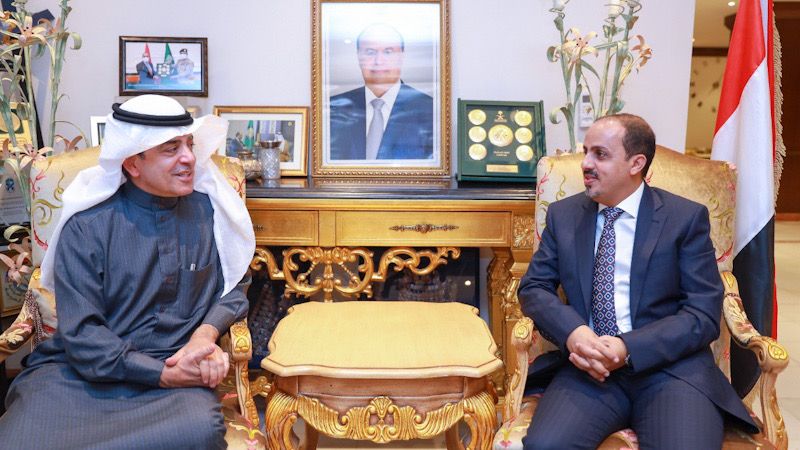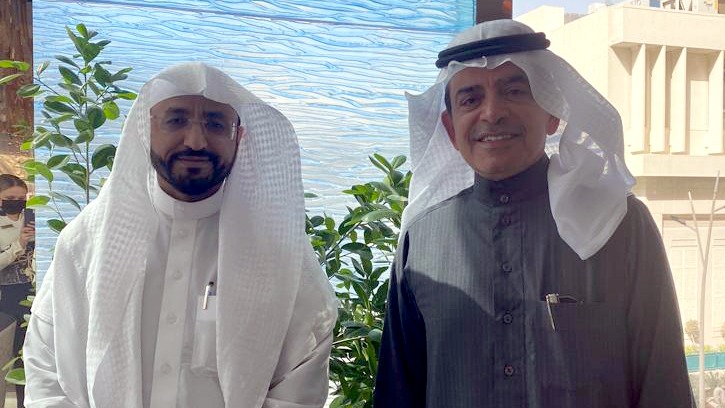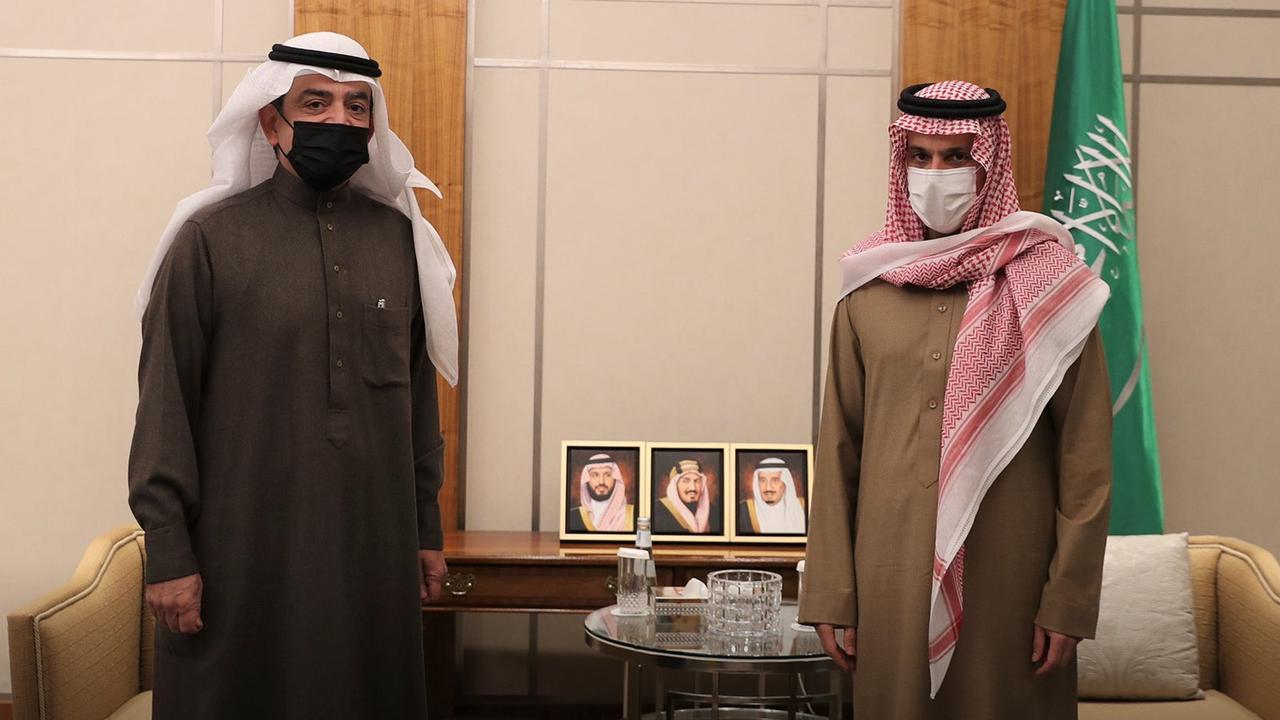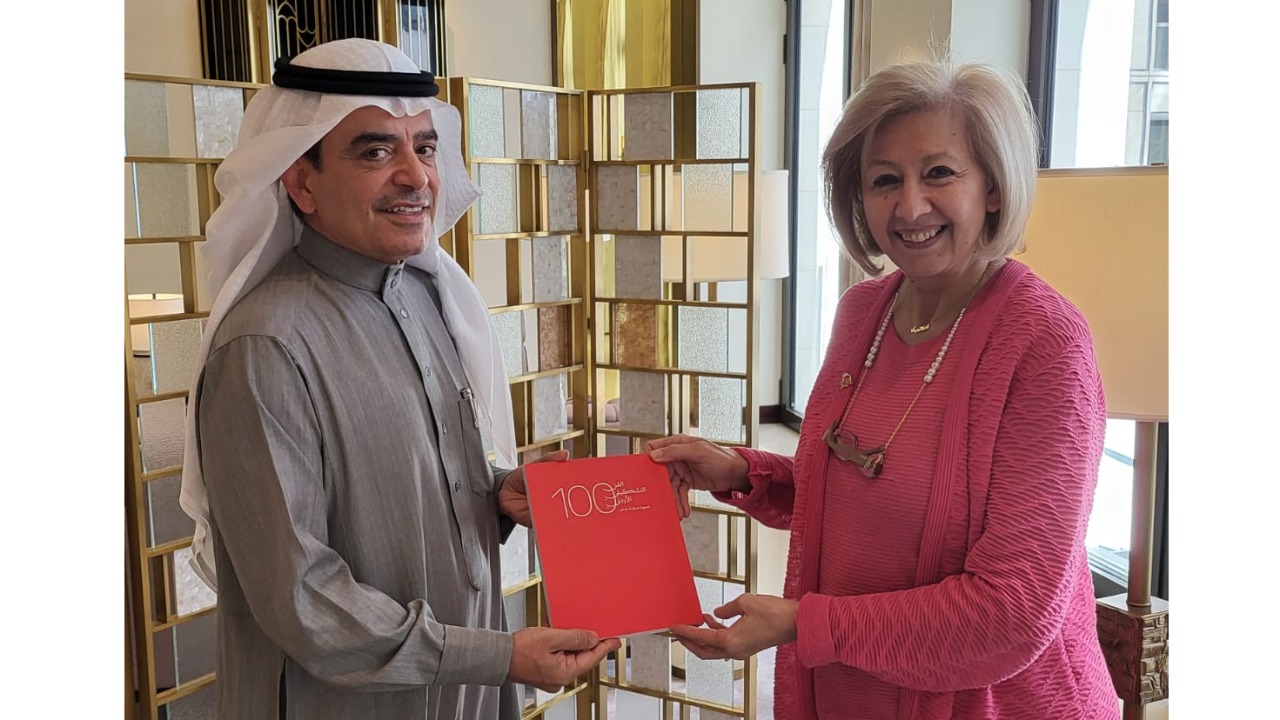Dr. Salim M. AlMalik, Director-General of the Islamic World Educational, Scientific and Cultural Organization (ICESCO), and Mr. Michael Cutts, Australian Ambassador to the Kingdom of Morocco, discussed prospects for cooperation between ICESCO and Australia in the fields of education, science and culture.
During this meeting, held on Wednesday (February 16, 2022), at ICESCO headquarters, in Rabat, Dr. AlMalik reviewed ICESCO’s new vision and action strategy, which seek to promote cooperation and partnerships with all parties, including non-Member States, to serve the Organization’s Member States and Muslims communities around the world. “ICESCO has adopted a new Charter of Observer States to ensure further cooperation and exchange experiences with the Member States in the Organization’s areas of competence,” underlined Dr. AlMalik.
ICESCO Director-General reviewed some of the future initiatives, programs and activities of ICESCO within the framework of its strategic orientations, explaining the Organization’s pursuit to contribute to inclusive and quality education for all, promote the culture of foresight, consolidate the values of peace, coexistence and civilizational dialogue, build the capacities of women and youth, support the efforts of Member States in the fields of technology and innovation, urging them to invest in space sciences and artificial intelligence to benefit from technological applications for achieving sustainable development.
The meeting discussed a set of cooperation proposals in many fields, including education, to provide scholarships for students from Muslim countries, especially in space sciences and artificial intelligence, promote civilizational dialogue, preserve the environment, and provide humanitarian aid to the neediest Member States.
For his part, the Australian Ambassador expressed his happiness at visiting ICESCO headquarters, praising the Organization’s outstanding achievements in its fields of competence, stressing Australia’s willingness to build fruitful cooperation with ICESCO.
The meeting also brought together Dr. Abdelilah Benarafa, ICESCO Deputy Director-General, Dr. Barry Combo, Head of Education Sector, Dr. Raheel Qamar, Head of Science and Technology Sector, and Ambassador Khaled Fath Al-Rahman, Director of the Center for Civilizational Dialogue.


